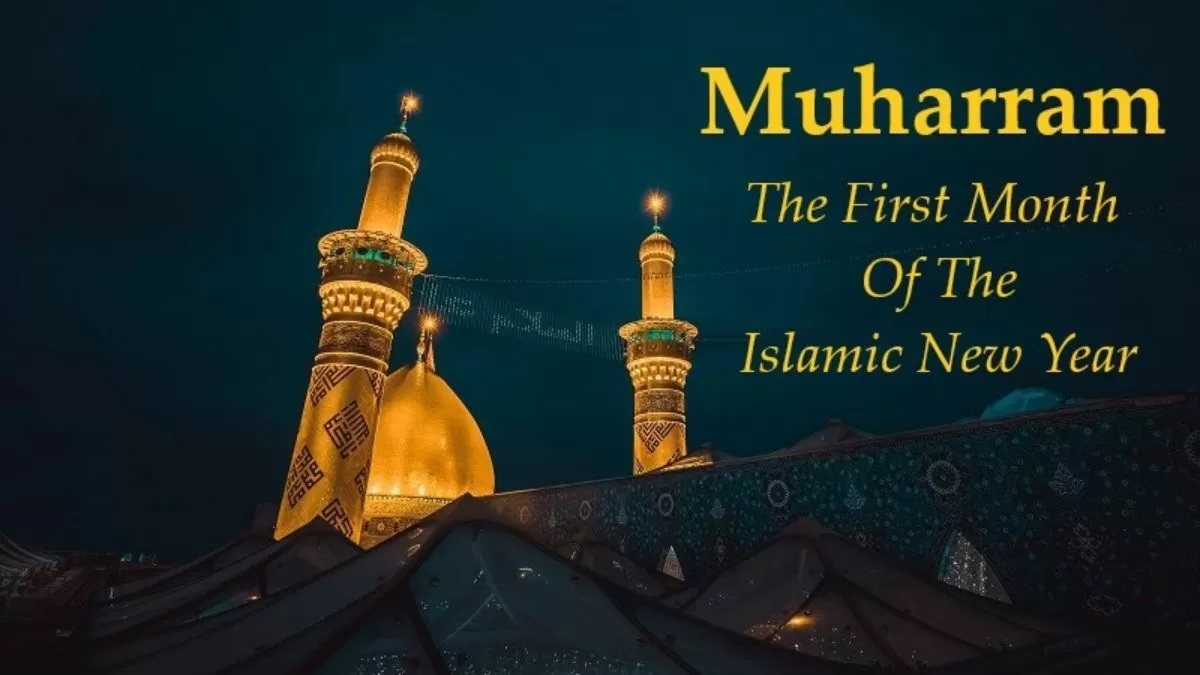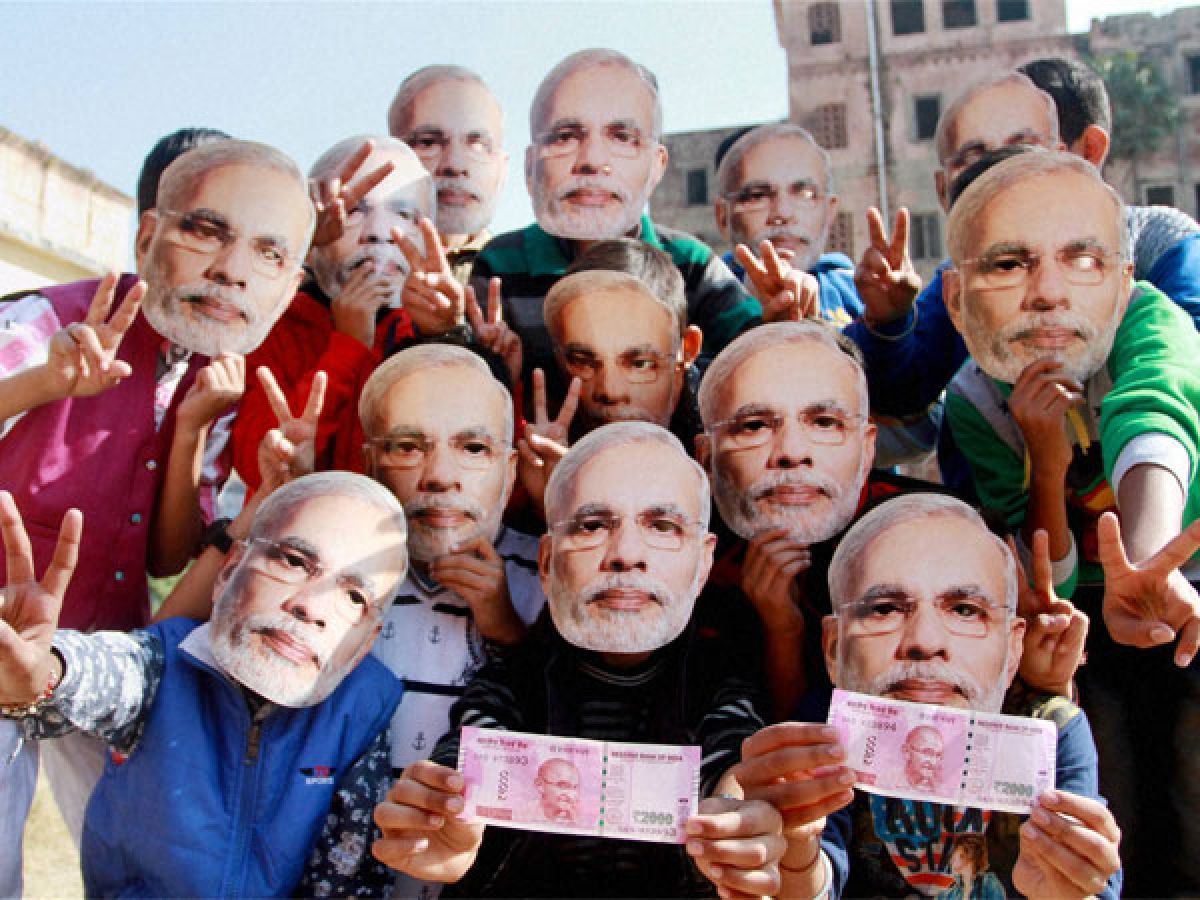Muharram Observances Begin in Kashmir: Valley Marks Islamic New Year 1447 AH with Reflection and Reverence
By: Javid Amin | Srinagar | 27 June 2025
As the crescent moon signaled the arrival of the Islamic New Year 1447 AH, Kashmir welcomed the month of Muharram with deep reverence, marking the beginning of a spiritually significant period of mourning and remembrance.
In areas such as Zadibal, Bemina, Budgam, Baramulla, Kargil, and Hassanabad, streets have been adorned with black flags, banners bearing messages of resistance and justice, and illuminated signboards commemorating the martyrdom of Imam Hussain (AS) and his loyal companions in the Battle of Karbala more than 1,400 years ago.
A Month of Mourning: The Spiritual Meaning of Muharram in Kashmir
In the Shia tradition, Muharram is not just the first month of the Islamic calendar. It is a month of intense spiritual reflection, resistance to tyranny, and remembrance of sacrifice. The martyrdom of Imam Hussain (AS) — the grandson of Prophet Muhammad (PBUH) — in the sands of Karbala continues to serve as a symbol of moral integrity, justice, and unwavering faith.
From mosques to Imam Bargahs, the Valley has begun hosting Majalis (religious gatherings), where scholars delve into the philosophy of Karbala, recounting the events of Ashura and their relevance in today’s world. Sermons emphasize lessons of resistance, moral courage, and community unity, resonating strongly in the context of Kashmir’s social and cultural landscape.
Youth-Led Initiatives: Community Spirit and Volunteerism
One of the most heartening aspects of Muharram observances in Kashmir is the enthusiastic participation of the youth. From erecting Sabeels (refreshment stalls) offering water, milk, and sherbet to cleaning the streets, painting walls, and decorating Imam Bargahs, local volunteers are leading the charge with remarkable dedication.
In Bemina and Zadibal, volunteers have established first-aid centers, arranged medical aid, and are actively involved in guiding mourning processions to ensure they proceed peacefully and respectfully. The collective effort reflects a broader cultural renaissance of faith-based community work, rooted deeply in the values of service and empathy.
Historic Processions Return: Administrative Green Signal Continues
In a significant development, the J&K administration has once again approved the traditional Muharram procession routes in Srinagar, continuing last year’s revival after decades of restrictions that were imposed citing law-and-order concerns.
The processions, particularly those on the 8th and 10th of Muharram, are now scheduled to pass through routes historically followed before the 1990s. This marks a milestone in religious freedom and trust-building between the community and the administration.
Local leaders and religious clerics have welcomed the decision, calling it a “gesture of respect” toward Kashmir’s religious ethos. Police and civil officials are coordinating with organizers to maintain discipline, ensure medical preparedness, and regulate traffic.
Majalis and Sermons: Reclaiming Moral Authority Through Faith
Thousands of devotees are expected to attend nightly Majalis sessions across the Valley, where prominent Islamic scholars from Kashmir and outside are delivering sermons.
Topics include:
- The political message of Imam Hussain’s stand
- Relevance of Karbala in modern struggles against oppression
- The role of community resilience and unity
Some Imam Bargahs are even live-streaming sessions for the elderly and those who cannot attend in person. These events also feature Noha Khwani (elegiac recitations), poetry, and Quranic recitations that move audiences to reflection and resolve.
A Time of Peace, Process, and Participation
Beyond mourning, Muharram in Kashmir reflects the region’s deep cultural interweaving of faith and civic responsibility. Interfaith gestures, such as non-Shia locals joining Sabeel distribution or volunteering for logistical support, symbolize an enduring spirit of communal harmony.
Security personnel have assured cooperation, while medical teams and traffic police are on standby. The civil administration has directed municipal departments to ensure cleanliness, sanitation, and uninterrupted electricity and water supply during the mourning days.
Looking Ahead: Ashura and Beyond
As the Valley moves toward the pivotal day of Ashura (10th Muharram), preparations intensify. Security arrangements are being finalized, and community elders are coordinating with law enforcement to ensure a peaceful, dignified observance.
For Kashmir, Muharram is not just a religious event—it is a statement of identity, faith, and communal solidarity. It is a time when sorrow strengthens spirit and remembrance unites hearts.



